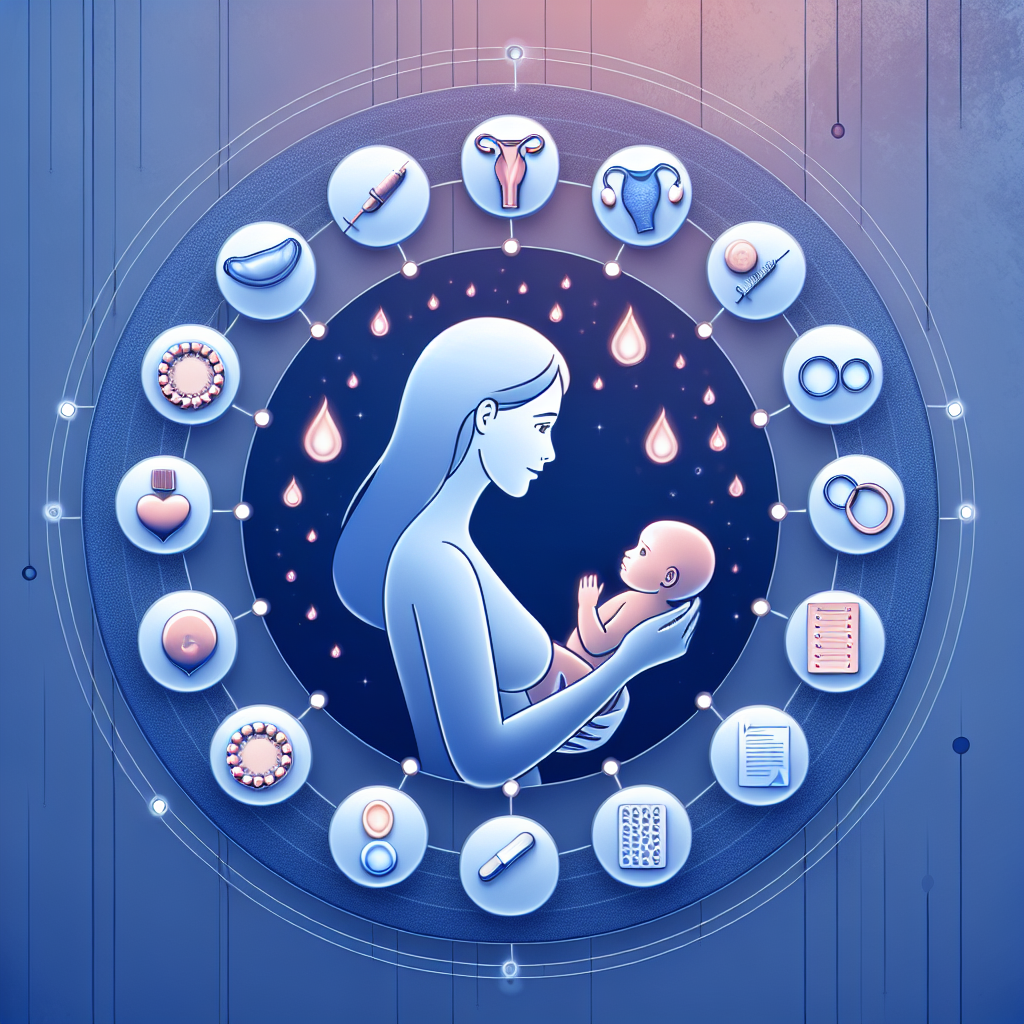Child Development: A Complete Guide to the Essential Stages
Introduction When it comes to the growth and development of the little ones, every parent wants to have all the necessary information to ensure the child a good start in life. From first smiles to teenage steps, each stage of child development comes with its own unique challenges and beauties. This comprehensive guide to essential milestones will serve as a map for parents on the fascinating journey of raising children.
First Stage: Newborn (0-2 months) The first chapter in a child's life is that of the newborn. At this stage, babies learn to adapt to the outside world, recognize familiar voices and develop reflexes. An essential factor during this period is the bond between mother and child; affection-based nursing and caregiving help form a strong emotional connection. Babies begin to discover the world through their senses, and it is important for parents to encourage this exploration in gentle ways.
Second Stage: Infants (2-12 months) As babies grow, their curiosity and desire to explore the world increases. In the second month, they begin to lift their heads, trace their hands and host their first conscious smiles. Food begins to diversify, and communication through stuttering takes shape. Colorful toys, music and children's books are valuable resources for stimulating cognitive-sensory development.
Third Stage: Early Childhood (1-3 years) At the age of one, many children begin to take their first steps, and exploration becomes more active. During this period, language development increases exponentially and the first words appear. Symbolic play, natural curiosity and the desire for independence are characteristic of this stage. It is the ideal time to encourage educational games that increase their autonomy and social skills.
Fourth Stage: Preschool (3-5 years) Preschoolers are little adventurers with rich imaginations. At this stage, they develop their thinking abilities, memory and fine motor skills. Socialization through play with other children becomes fundamental and contributes to the development of empathy and collaborative skills. Encouraging creativity through art and music, as well as introducing the basics of reading and writing are essential at this time.
Fifth Stage: School Age (6-12 years) At this stage, children become increasingly independent and form their own personality. Academic success and peer relationships become central to their lives. This is when they develop their logical thinking, learning to solve problems and express their emotions and thoughts in constructive ways. Supporting their interests, whether related to sports, art or science, helps them become self-confident and motivated to learn.
Adolescence (13-18 years) Adolescence marks the transition from childhood to adulthood. During this period, young people shape their identity, develop their critical thinking and experience more complex relationships. The physical and emotional changes can be overwhelming, so open communication and support from parents is needed. Creating a safe space for teens to express themselves and explore independent thinking is crucial to their development.
Conclusion Child development is a complex and wonderful process that requires the involvement and understanding of parents. Armed with the knowledge of each essential stage, you can guide and support your child's harmonious growth. Every moment spent together is a stepping stone on the road to healthy and happy adulthood. Now that you understand the key stages of child development, we invite you to explore more helpful resources and subscribe to our newsletter for expert advice.














































































































































